The Pebble Beach Concours d’Elegance is just the cherry on top of a week of events highlighting, celebrating and sometimes even worshiping the automobile. While the lawn on Sunday mostly focuses on the past, other events like The Quail and the numerous private debuts scattered around Monterey, California have their sights very much set on the future of high-end motoring.
If there was a theme this year it was speed at any cost. Electrification was a huge story and indeed we saw a few EV debuts that are truly attainable in an everyday sense.
However, the true head-turners were more exotic, crafted of advanced composites or sculpted in additive manufacturing labs, riding on next-generation suspensions and battling it out for lap-time supremacy on some of the world’s greatest testing grounds.
Acura
At last year’s Monterey Car Week festivities, Acura showed off a concept version of an all-electric rebirth for the ZDX. This year, Acura is back with the production model. Impressively, the final car looked little different than last year’s flight of fancy, but still it carried a bit of a surprise: It’s built on the General Motors Ultium platform.
Yes, Acura is teaming up with GM to create this battery-powered crossover, which will offer an EPA-estimated range of 325 miles and, if you go with the Type S flavor, will deliver 500 horsepower to all four wheels. Pricing for the 340 hp rear-drive version is said to start around $60,000 and, as a 2024 model year machine, should be hitting the road soon. If they don’t make it available in that blue, it’ll be a crime.
Bugatti
Though the all-conquering Chiron is nearing the end of its production, Bugatti is continuing to celebrate the car, this year unveiling a one-off called “Golden Era.” It features a custom designed mural celebrating the history of the marque.
More interesting, though, is what’s to come. Now that Bugatti has merged with Rimac, Achim Anscheidt, Bugatti’s head of design for a whopping 19 years, is taking on a more advisory role. He’ll be working directly with founder and CEO Mate Rimac to help define both the future of Rimac and Bugatti. “I have to say, the DNA of Bugatti is fairly straightforward and clear in evolution out of the last 15 to 20 years,” he told us. “The DNA Rimac still needs one more in-depth development of what that stands for.”
Anscheidt said he’s working on ways for Rimac to develop a “stronger identity” for its future products, in terms of style and character. He’s also helping to define what the next-generation Bugatti will look like, a car that will feature some degree of electrification and doubtlessly epic performance.
Czinger
The 3D-printed 21C supercar is finally becoming a reality and, while the first customer deliveries are still a few months away, the big fanfare this week was around a version called Blackbird Edition, honoring the iconic SR-71 Blackbird. With 1,350 horsepower, 100 more than the standard 21C, Blackbird will doubtlessly be quick, and like the regular version will ride on components crafted through generative design and additive manufacturing.
Czinger is making just four, priced in the $2 million ballpark, and all have been sold. “Within one day of revealing that car, they’re gone, which is a nice feeling,” Lukas Czinger, co-founder of Czinger, told TechCrunch. But, the company’s job isn’t done. On Sunday after the Concours, Czinger will be hosting a drive for 30 lucky 21C buyers. “I get nervous every time you put customers in the car, you hope they love it, but every time we have, they have.”
Ford
Yes, America’s Blue Oval was mixing it up with the multi-million-dollar hypercars at Quail this year, unveiling the Mustang GTD. This model, inspired by the track-only GT3, will bring outrageous performance and some novel technology, like an active aerodynamics system and suspension that can adjust both damper compression and spring rate for either road or track.
The ultimate target, though, is the track. “This vehicle is going to set a sub-seven-minute ‘Ring time,” Greg Goodall, Ford’s chief program engineer told TechCrunch after the GTD’s unveiling, targeting performance on Germany’s Nurburgring, an ever-present battleground for manufacturer bragging rights. “The technology is something we’ve never done on Mustang,” he said.
Lamborghini
Lamborghini is dipping its toes into electrification with the upcoming plug-in hybrid Revuelto hypercar, and the Urus SUV is getting electrified as well. But, at this year’s Pebble Beach, the company showed off a preview of what will be its first full-bore EV: the Lanzador.
Though just a concept, Lamborghini says this is more or less what its first EV will look like when it goes into production in 2028. “A real teaser for what is going to happen,” Lamborghini CEO Stephan Winkelmann told us. When it does, this will become what Lamborghini is calling its “fourth model concept,” joining the Urus, Revuelto, and whatever replaces the Aventador.
Lanzador has an unusual shape, a tall coupe that looks to draw in the practicality and comfort of a crossover SUV while still delivering the driving dynamics of a sporty GT with 2+2 seating. “It’s the best of both worlds,” Winkelmann said. “We looked into every opportunity, until we found out that a higher seating position is mainly what everybody likes.”
No details on anticipated performance or range, only that Lanzador it will have all-wheel-drive from a pair of electric motors and will feature some aspect of active aerodynamics.
Maserati
Maserati’s big debut at the show was MCXtrema (née Project24), a sort of limited-edition version of the company’s MC20. With 730 horsepower and some impressive aerodynamics, it looks a little too wild for the street. And that’s because it is. “It’s the most extreme version, thus the name extrema, of the MC20,” Bill Peffer, CEO of Maserati Americas, told TechCrunch. “This is a track-only weapon, if you will, not homologated for the street.”
The car does have an FIA-certified integrated roll cage, meaning it can run at maximum speed at many of the greatest tracks in the world. Only 62 will be made and, yes, they’re all spoken for.
Meyers Manx
Last year at The Quail, visitors fell in love with the Meyers Manx 2.0 — the rebirth of an iconic motoring toy from the 1960s. This year, many of those fans were surprised to learn what the first run of the machines will cost: $74,000. But, if you look at the car’s details, with its carbon fiber body and beautifully crafted switchgear, you can see where that money is going.
Thankfully, there’s a cheaper option coming. Meet the Resorter, a high-end entrant into the utilitarian Neighborhood Electric Vehicle, or NEV category, like the Eli ZERO or GEM e4.
“It’s a growing niche that allows vehicles to be on public roads, but limits the speed up to 25 miles per hour,” Freeman Thomas told TechCrunch. Thomas is CEO of the reconstituted Meyers Manx and well-known for his iconic designs like the original Audi TT and Volkswagen New Beetle.
The Resorter’s limited speed simplifies its construction and, more significantly, lowers the cost: $49,000. The 2.0, though, is also set to get cheaper with time. “As we ramp up, we’re gonna look at ways to bring pricing down,” Thomas said, saying that a non-carbon-body could become an option in the future. “But, right now, to get up and running, our costs are very high.”
Pininfarina
While Pininfarina had its own hypercars on display, showing off the new B95 roofless (and windshield-free) electric weapon, with 1,877 horsepower and a 0 – 60 time of 2.0 seconds. However, the company’s bigger story, quite literally, was the PURA Vision concept. Dubbed an electric luxury vehicle, or e-LUV, the thing is meant to represent a “new era of pure-electric luxury.”
Large and curvaceous, looking a bit like it had been stung by a bee next to the low, sleek Battista and B95, the PURA Vision is a radical departure for the storied designer of many iconic sports cars for other manufacturers. Many of those cars are referenced in the design, though, like doors honoring the 1957 Lancia Florida concept, while the interior is inspired by super yachts. No word on whether this will come to production, but the B95 will in extremely limited numbers. Pininfarina will build 10 cars, each priced at just south of $5 million.
Rimac
Rimac, the Croatian electric hypercar company that has taken the world by storm, took a curious approach by launching a car not based on what it could do, but based on what it did do. On the morning of its debut, Rimac announced that a limited edition of the Nevera, aptly dubbed “Time Attack,” had taken the electric production car record at the Nurburgring with a time of 7:05:298.
That’s just one performance record of 20 that the car has set this year. CEO Mate Rimac, though, wants more. “Am I happy? No,” he told us. “It still has a 7 in the front and I was hoping maybe a six. But it’s our first time, you know?” Rimac promised they’ll be back to the ‘Ring for more in the future. In the interim, it will build 12 of the Nevera Time Attack editions, each with a numbered plaque. All have already been sold.
Zenvo
While high-powered, mid-engined hypercars were everywhere at this year’s event, Danish Zenvo launched not one but two. The two vehicles are called Agil and Tur, the former optimized for high-downforce on-track performance, the latter for high-speed runs of up to 280 mph. They share quite a bit, including a brand new, quad-turbo V12 that can make up to 1,850 horsepower thanks in part to a hybrid system.
However, according to Zenvo chairman Jens Sverdrup, this really wasn’t about the specs. “We have big numbers in the car, they’re impressive, but they’ve never been the point. The point of the car is to turn everything up as far as it can until we get trade-offs,” he told us. “We can have 3,000 horsepower… it’s possible, but it doesn’t make the car better.”
What does make the car better? An obsession with analog detailing and tactility. The cockpit features a number of pods instead of a traditional gauge cluster. Everything looks analog, including the gear indicator, displayed via numbers on a disc like a date wheel on a fine watch. But, the technology is there. When needed, those pods flip over to reveal digital displays. No pricing was announced, but with only 50 of each being made, expect a price with seven digits.
from TechCrunch https://ift.tt/d7J4NpG

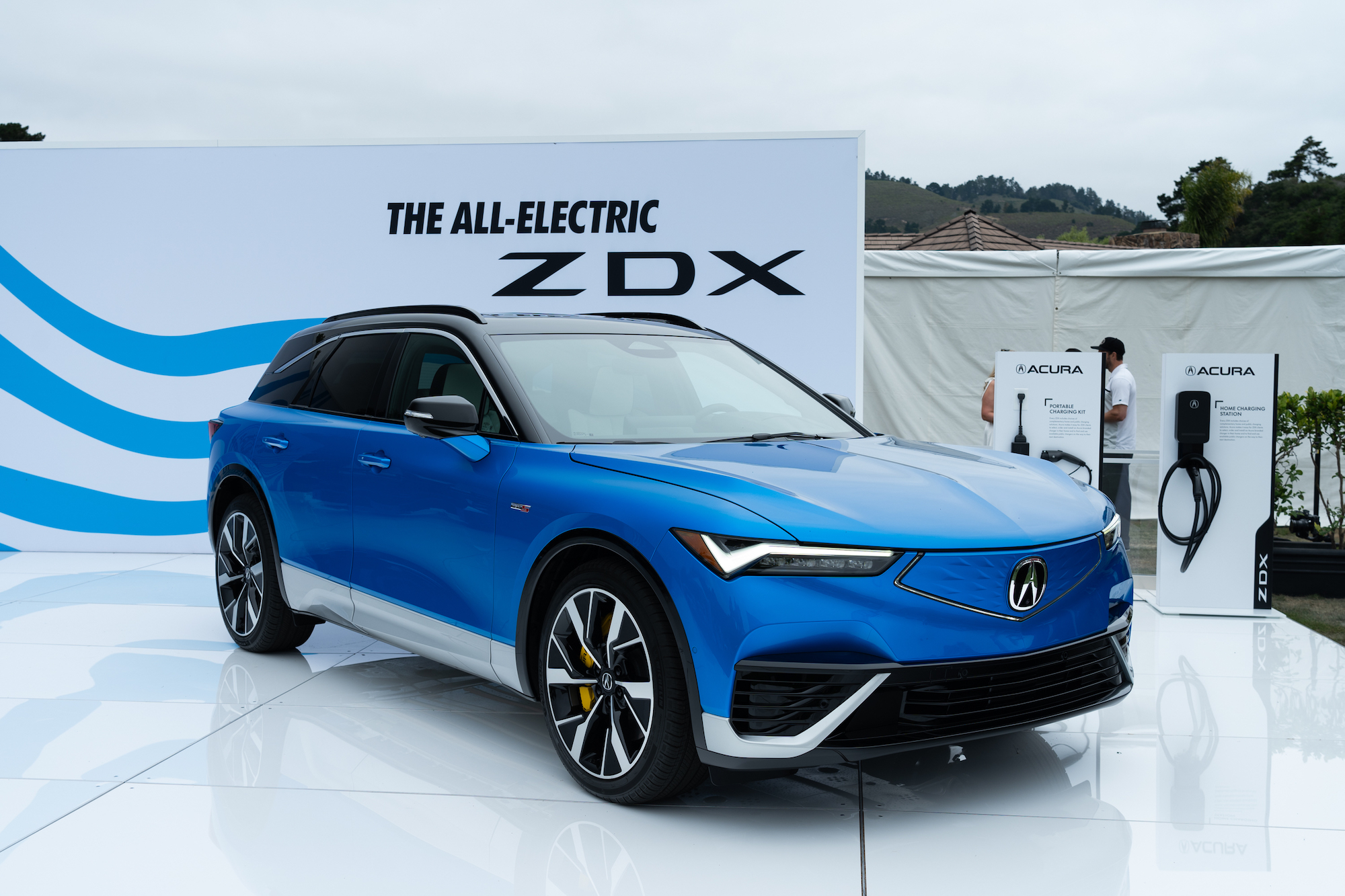

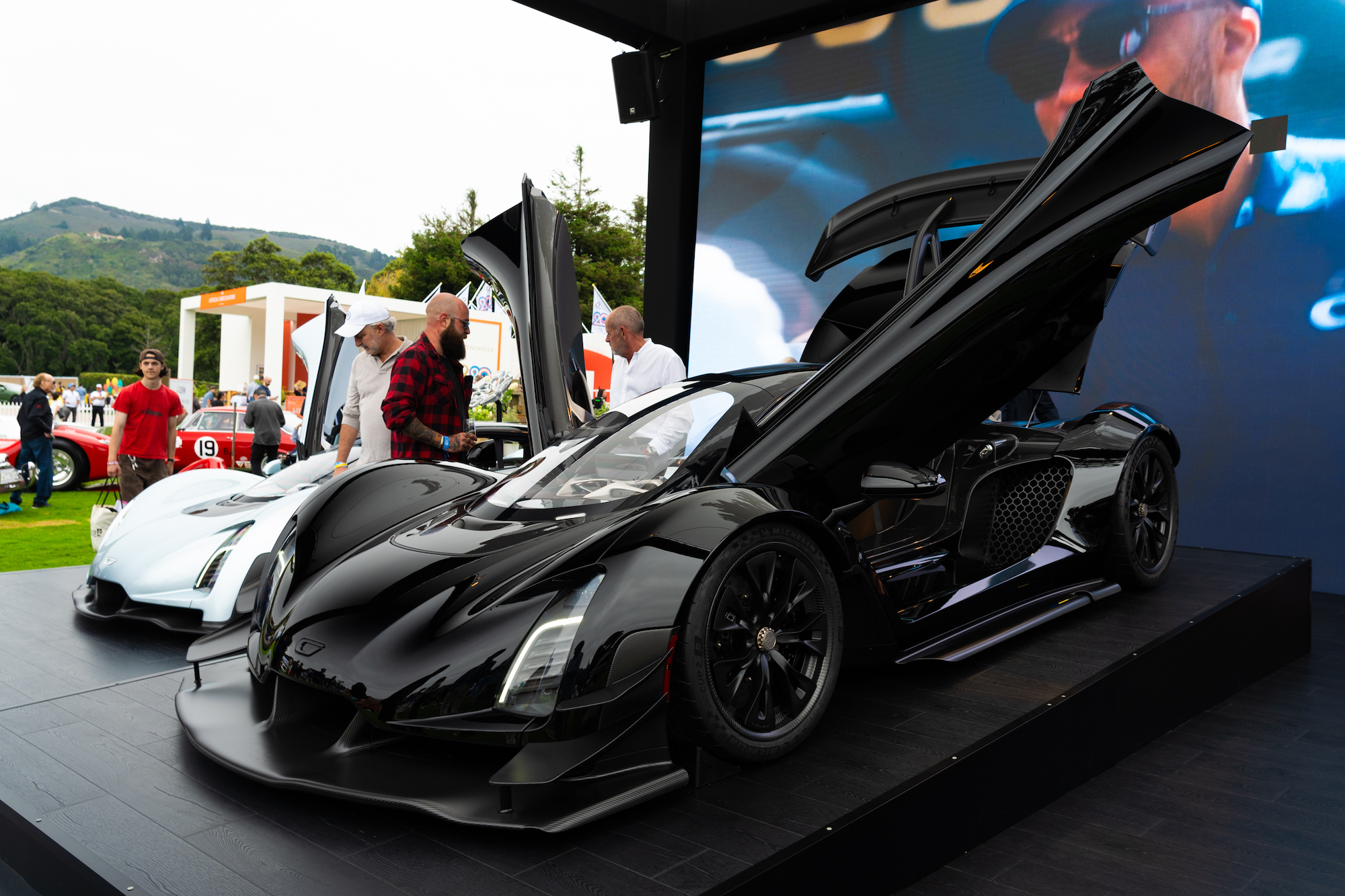
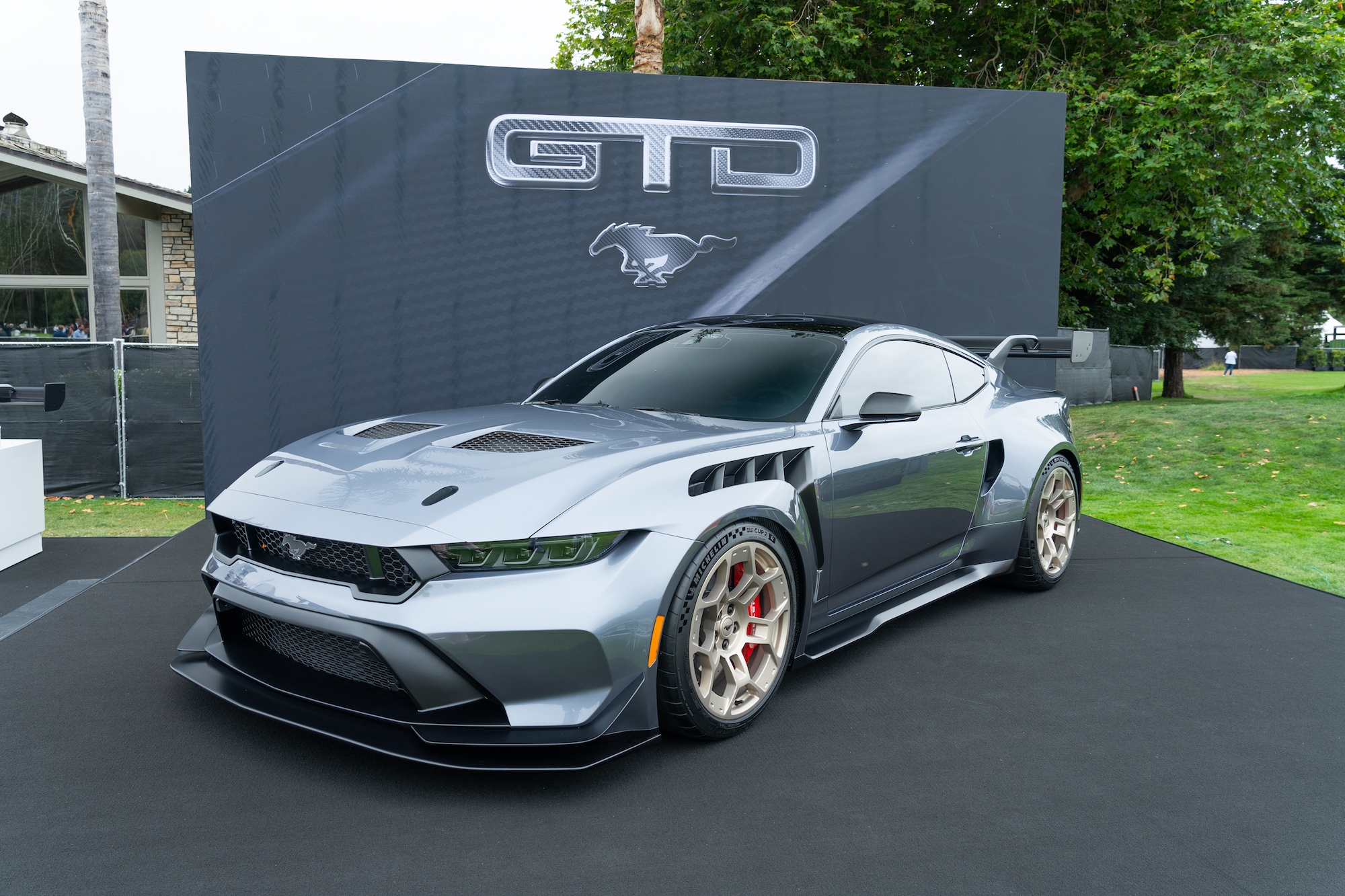
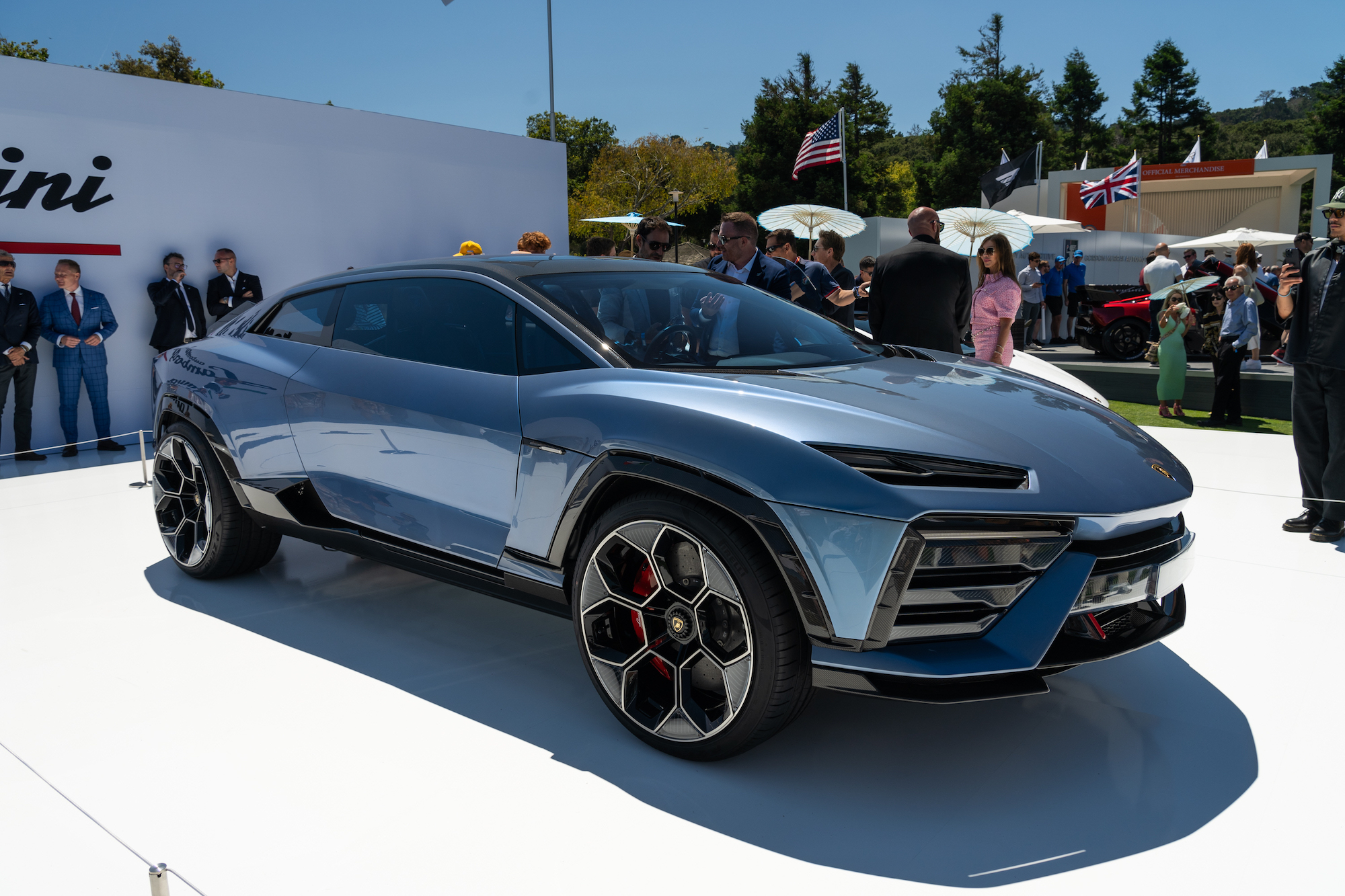
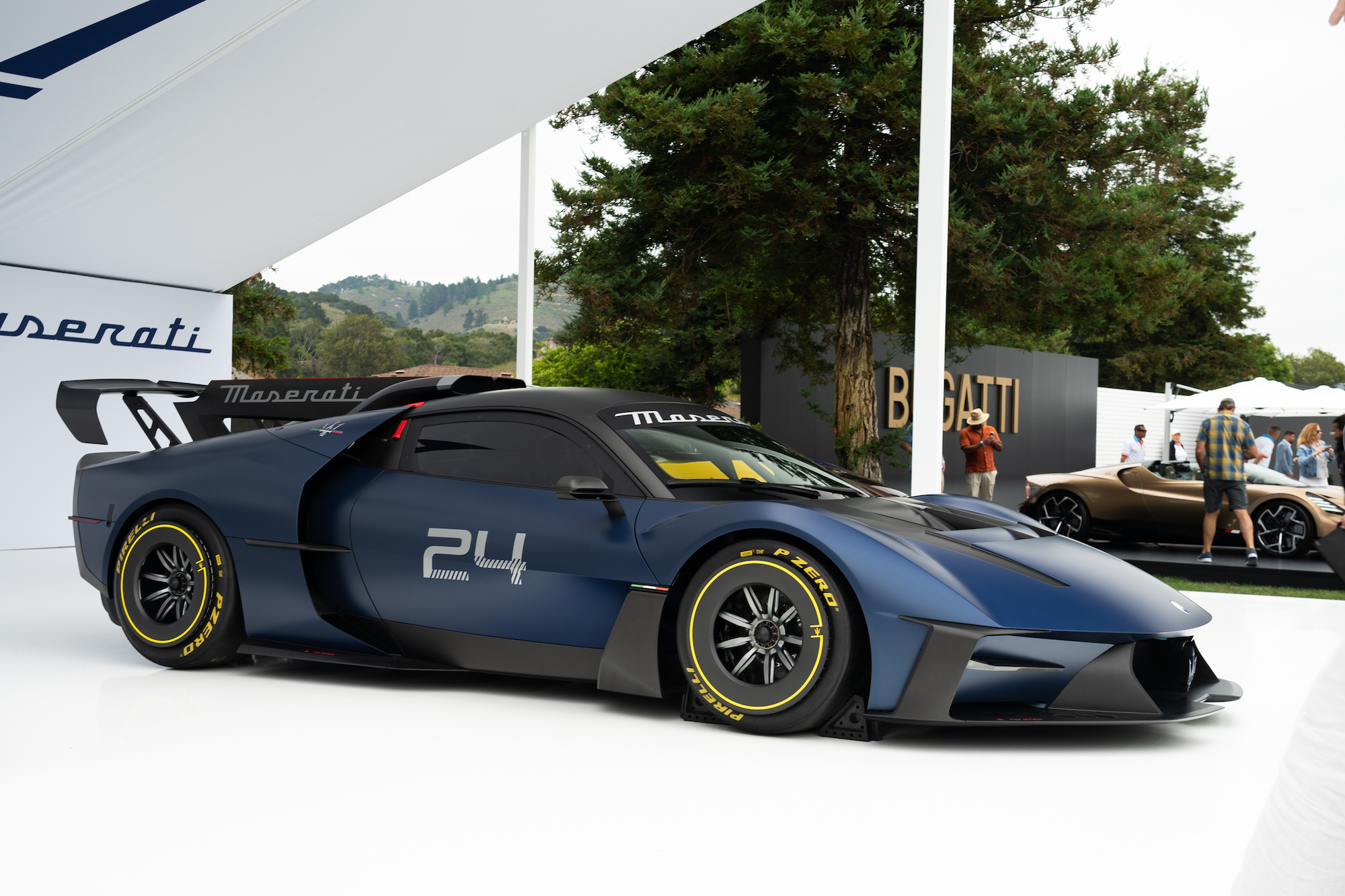

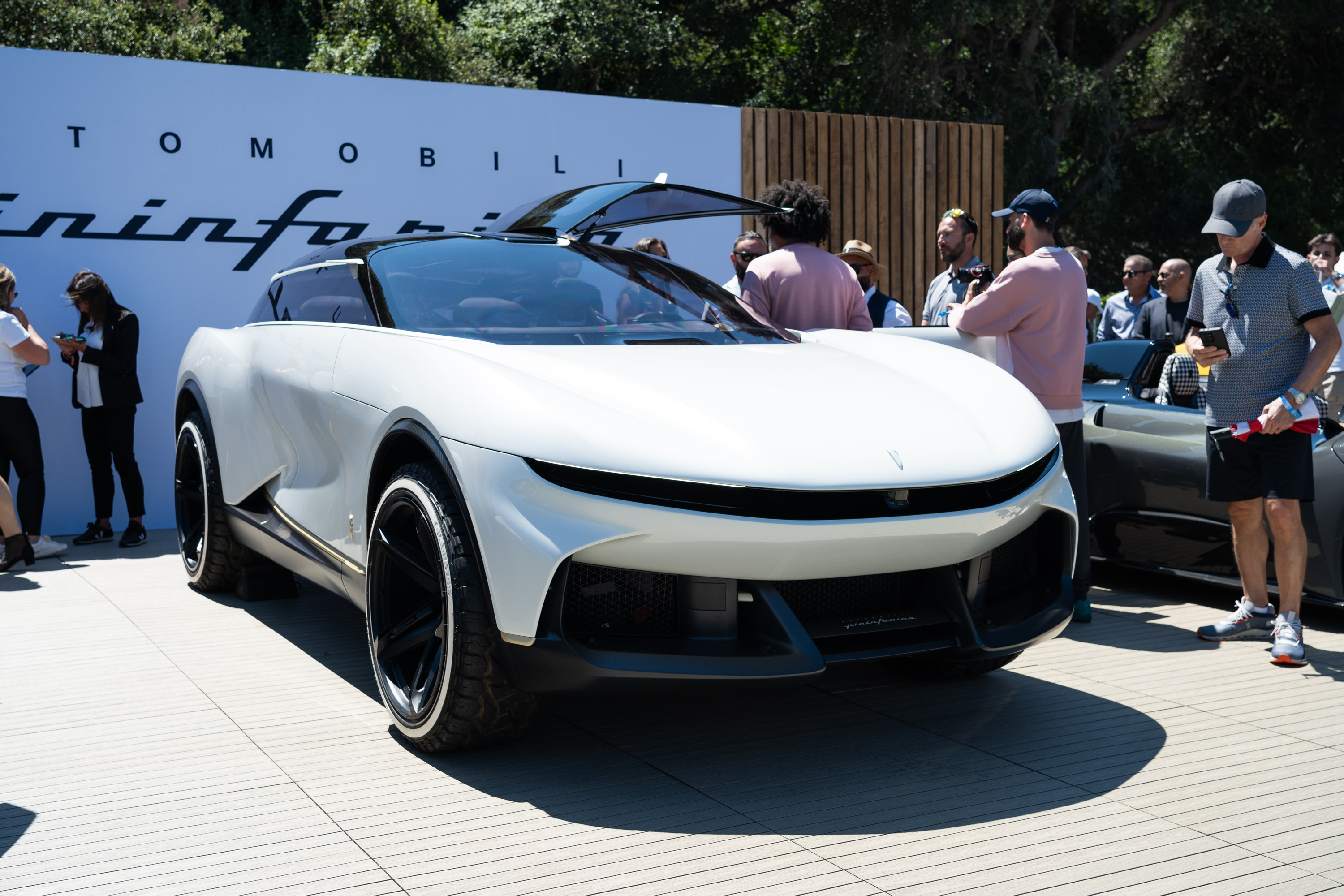




No comments:
Post a Comment